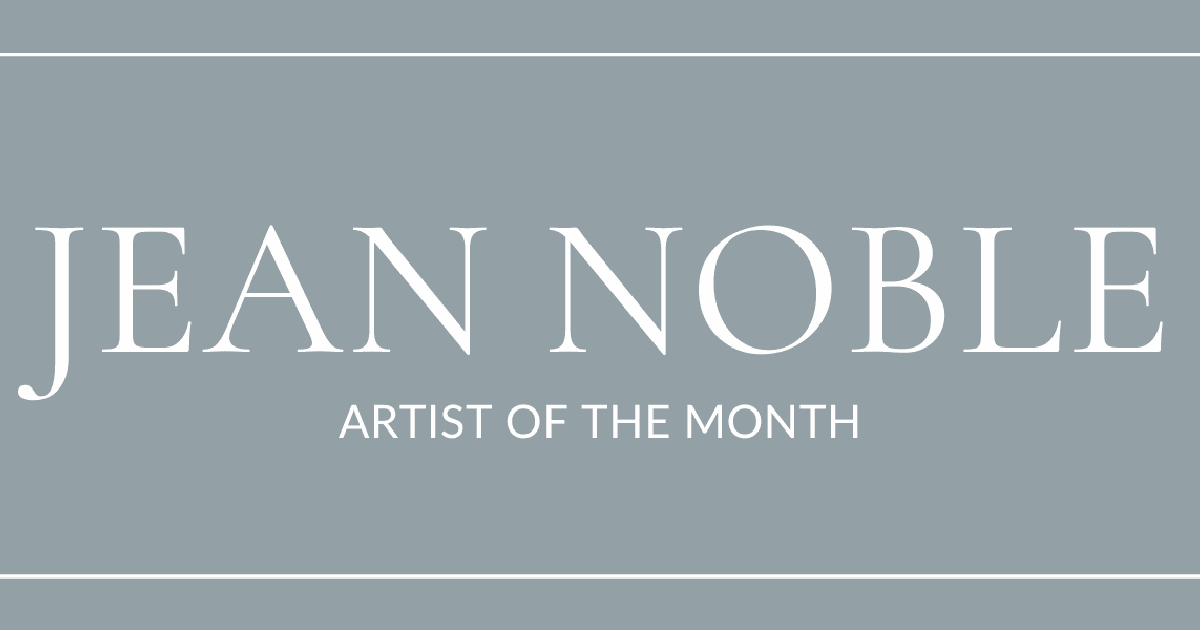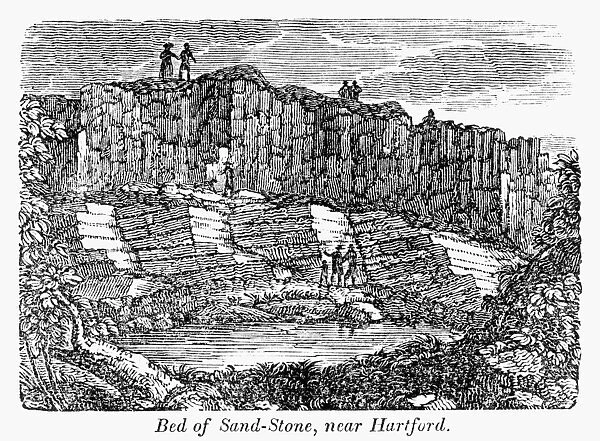In this auspicious occasion, we are delighted to delve into the intriguing topic related to The Art of Capturing the Essence of England: A Comprehensive Guide to Drawing the English Flag. Let’s weave interesting information and offer fresh perspectives to the readers.
The Art of Capturing the Essence of England: A Comprehensive Guide to Drawing the English Flag

Introduction
The English flag, an iconic symbol of national pride and identity, holds a rich history and cultural significance. Its simple yet striking design, featuring a red cross on a white background, has adorned countless battlefields, government buildings, and sporting events throughout the centuries. In this comprehensive guide, we will delve into the intricacies of drawing the English flag, exploring its historical roots, artistic techniques, and practical applications.
A Brief History of the English Flag
The origins of the English flag can be traced back to the Middle Ages, during the reign of King Edward the Confessor. Legend has it that Edward had a vision of St. George, the patron saint of England, slaying a dragon. Inspired by this vision, Edward adopted the red cross of St. George as the symbol of his kingdom.
Over time, the English flag underwent various modifications. During the reign of King Richard the Lionheart, the cross was changed to a yellow color, known as "gold." However, in the 16th century, King Henry VIII reverted the cross back to its original red color.

Artistic Techniques for Drawing the English Flag
Drawing the English flag requires careful attention to detail and precision. Here are some essential artistic techniques to master:
-
Proportion and Symmetry: The flag should be drawn in a rectangular shape with a width-to-height ratio of 2:1. The cross should be centered within the rectangle, dividing it into four equal quadrants.

-
Straight Lines: The lines of the cross should be straight and parallel. Use a ruler or straight edge to ensure accuracy.
-
Coloring: The flag should be colored in the traditional colors of red and white. Use bright, contrasting colors for a bold and vibrant effect.



Applications of the English Flag
The English flag has a wide range of applications, both official and unofficial:

-
National Symbol: The flag is the official symbol of England and is flown on government buildings, military bases, and diplomatic missions around the world.

-
Sporting Events: The flag is often displayed at sporting events where English teams are competing, such as the Olympics and the World Cup.


Patriotic Displays: The flag is used in patriotic displays, such as parades and festivals, to show support for England and its people.




Advantages and Disadvantages of Drawing the English Flag
Advantages:
-
Simple and Recognizable: The English flag is one of the most recognizable flags in the world, making it easy to draw and identify.
-
Versatile Symbol: The flag can be used for a variety of purposes, from official ceremonies to patriotic displays.
-
Educational Value: Drawing the English flag can help students learn about the history and culture of England.
Disadvantages:
-
Precise Execution Required: Drawing the flag accurately requires careful attention to detail and precision.
-
Color Matching: Matching the exact shades of red and white can be challenging, especially for beginners.
-
Time-Consuming: Drawing the flag can be time-consuming, especially for large-scale projects.
Summary of the English Flag
-
Symbolism: The English flag represents the patron saint of England, St. George, and the nation’s history and identity.
-
Design: The flag consists of a red cross on a white background, with a width-to-height ratio of 2:1.
-
Applications: The flag is used in official ceremonies, sporting events, and patriotic displays.
-
Drawing Techniques: Drawing the flag requires precision, straight lines, and accurate coloring.
Q&A on the English Flag
Q1: What is the origin of the red cross on the English flag?
A: The red cross is derived from the vision of St. George slaying a dragon, which was adopted by King Edward the Confessor as the symbol of his kingdom.
Q2: Why is the English flag sometimes referred to as the "Union Jack"?
A: The term "Union Jack" is used to refer to the combined flag of the United Kingdom, which includes the English flag, the Scottish flag, and the Irish flag.
Q3: What is the correct way to display the English flag?
A: The flag should be flown with the cross upright and the white stripe on the top.
Q4: What are the different sizes of the English flag?
A: The English flag is available in various sizes, from small desk flags to large flags for outdoor display.
Q5: Where can I find high-quality images of the English flag?
A: High-quality images of the English flag can be found on official government websites and reputable image libraries.
Conclusion
Drawing the English flag is a rewarding and meaningful artistic endeavor. By following the techniques and insights outlined in this guide, you can create a visually striking and historically accurate representation of this iconic symbol. Whether for official ceremonies, patriotic displays, or educational purposes, drawing the English flag is a testament to the rich history and enduring spirit of England.
Closing Statement
The English flag is a timeless symbol that embodies the pride, heritage, and unity of the English people. Through the art of drawing, we can capture the essence of this iconic flag and share its message of national identity with the world.

Closure
Thus, we hope this article has provided valuable insights into The Art of Capturing the Essence of England: A Comprehensive Guide to Drawing the English Flag. We appreciate your attention to our article. See you in our next article!
